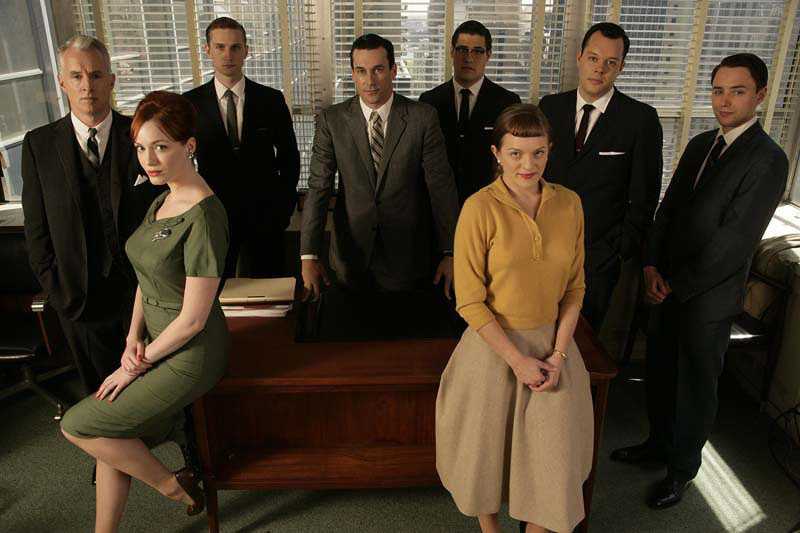Game Theory
Platinum Member
- Sep 5, 2006
- 8,545
- 835



Any JF members feeling this show? I have a confession...I loved The Sopranos beyond reason when it was on, but The Wire edges it for me. However, the TV thing I love most is probably Mad Men. I think that The Wire is probably the best TV series ever in many ways, but Mad Men is my best TV experience ever...
anyone?
